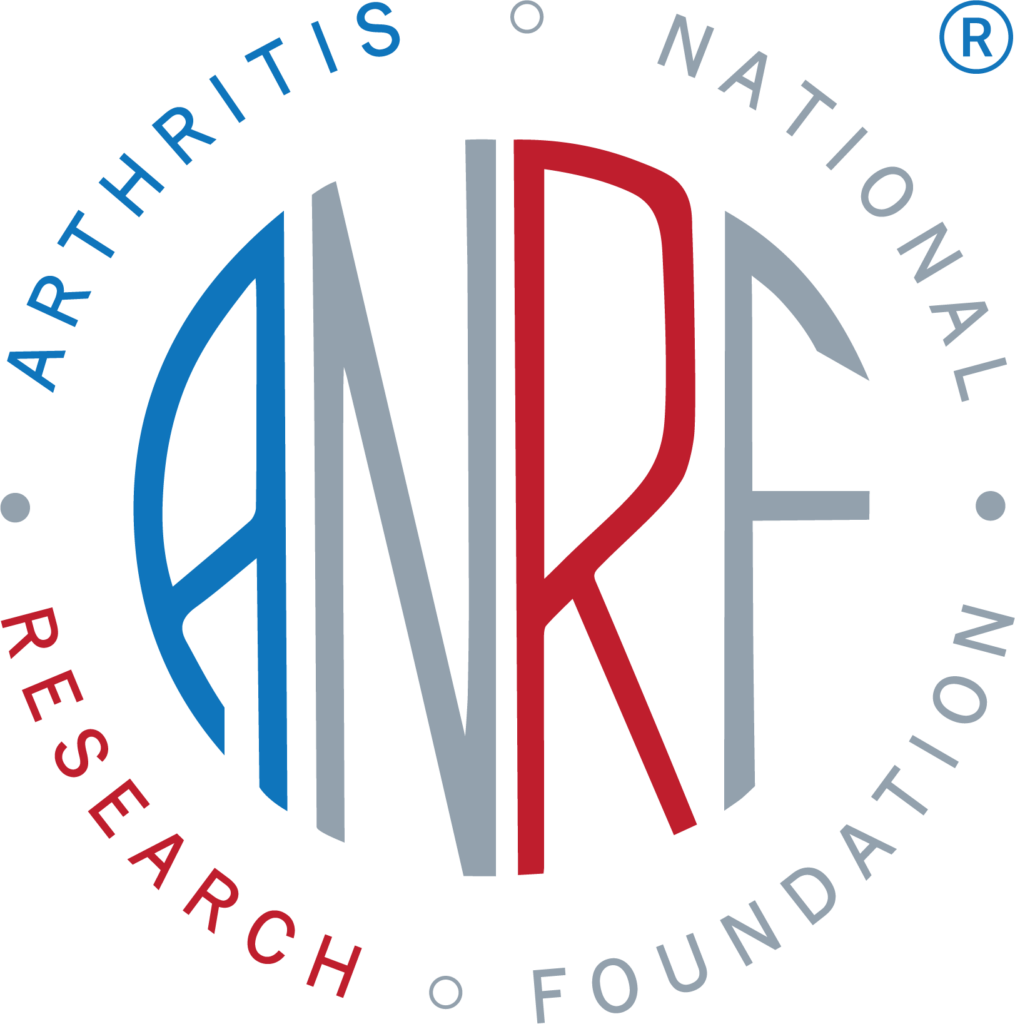Biography
My research program aims to develop and use advanced statistical machine learning methods, single-cell multi-omics, and systems immunology to discover pathogenic programs and molecular mechanisms to improve the treatment of inflammatory diseases. My lab (fanzhanglab.org/) is at the intersection of the Department of Medicine Division of Rheumatology and the Department of Biomedical Informatics Center for Health Artificial Intelligence at the University of Colorado Anschutz Medical Campus. Before starting my lab, I did my Postdoc research in computational and statistical method development for large-scale single-cell immunogenomics at Harvard Medical School and Broad Institute of Harvard and MIT. My unique and interdisciplinary research background in systems biology and disease-driven immunogenomics helped me carve out a niche where my lab develops novel big data-driven AI methods for computational omics and systems immunology to study inflammatory disease pathogenesis for translational medicine.
Research Summary:
Rheumatoid arthritis (RA) is a prototypical autoimmune disease that affects 0.8-1.0% of the population. Clinical challenges in RA include the empirical selection of drugs, inadequate responders with incomplete disease remission, and lack of a cure. This emphasizes the urgent need for new treatment targets and personalized approaches to treat RA. Using high-throughput single-cell sequencing technology, we recently identified a unique immune cell population, a new macrophage phenotype, which is predominant in a subgroup of RA patients who usually fail the commonly used biologic treatment. This new macrophage phenotype also expresses high levels of key factors from the complement system, a central part of the human innate immunity that serves as a first line of defense against foreign invaders. Further investigating this complement component-dependent macrophage phenotype could generate a novel treatment target, especially for this stratified RA patient group who currently do not have effective treatment targets. Thus, we sought to develop powerful computational approaches to link complement pathways to heterogeneous synovial macrophages and other cell types in RA, and also determine the mechanism-level effect of complement pathways using effective inhibitors. Ultimately, completing this work will provide a novel combined computational-experimental interdisciplinary approach that delineates promising new treatment pathways to improve personalized medicine for RA and other autoimmune diseases.






